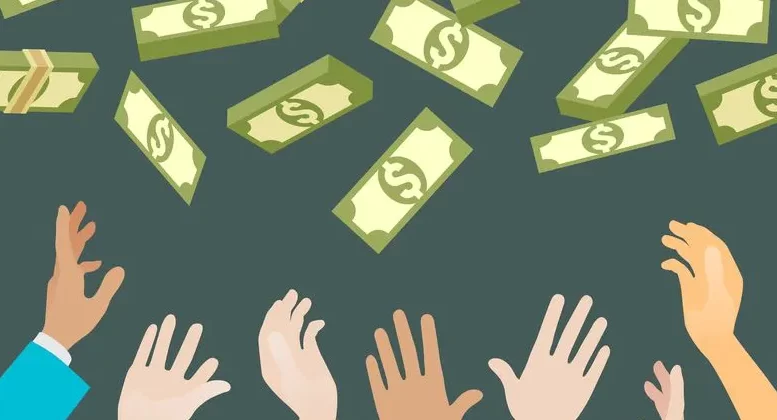

The sheer havoc caused by the pandemic and the massive dislocations and damage to people’s lives has caused UBI to come back into focus. The UBI debate is pretty appropriate as the global economy staggers under multiple hits.
Universal Basic Income is a regular payment without strings attached, unlike many Social Security schemes. The original call for UBI has been around for quite a while. It was originally raised as a remedy for poverty and wealth inequity, but the pandemic has raised the stakes enormously.
Although most governments did come to the party with stimulus packages for the pandemic, criticism of those stimulus packages has been pretty continuous. The US stimulus package, in particular, was strongly criticised for not delivering enough money for long enough. Globally, the same ongoing criticisms apply in one form or another.
In an unlikely twist, my own country, Australia, a poll by YouGov has indicated support for a UBI in a recent poll. What’s so unlikely about it is that Australia is a typical Western nation. We tend to follow, not lead, in social reforms. To give you some idea of our social security mindset, there hasn’t been an increase in unemployment payments since the mid-90s. It’s not generally a major political issue for anyone.
The pandemic has changed the game. It wasn’t as bad here for infections and deaths, but it did involve major lockdowns for months. People were pretty lost. The financial uncertainties were real enough. Adding to this was the fact that low-income people were really hit hard. The stimulus, agreed to without dissent from anyone, did do the job of sealing the holes in peoples’ lifeboats.

